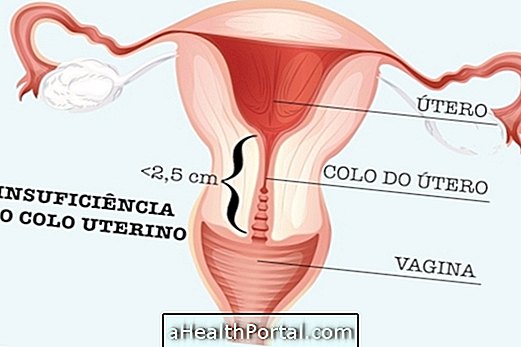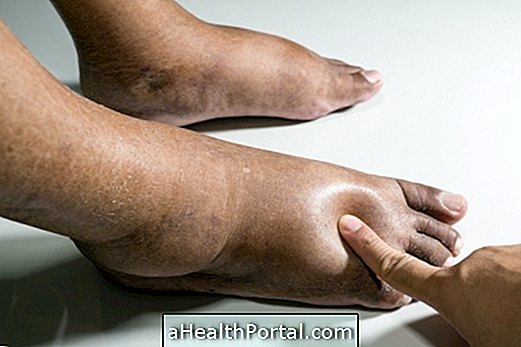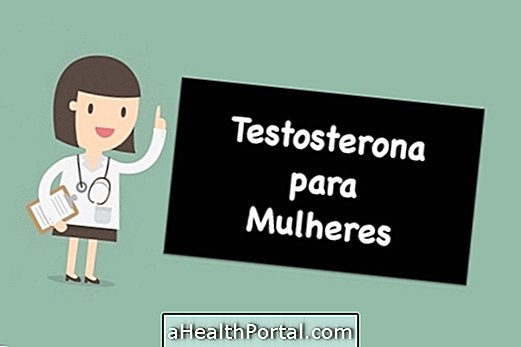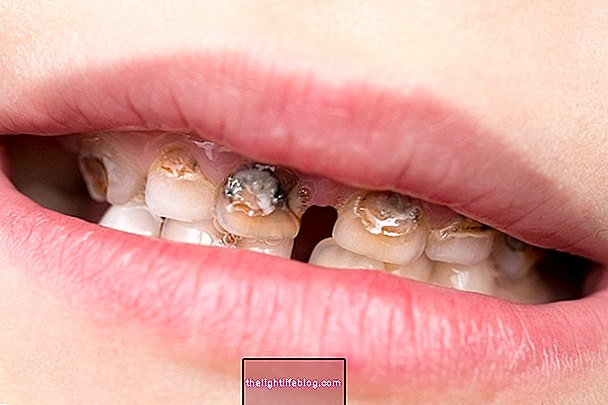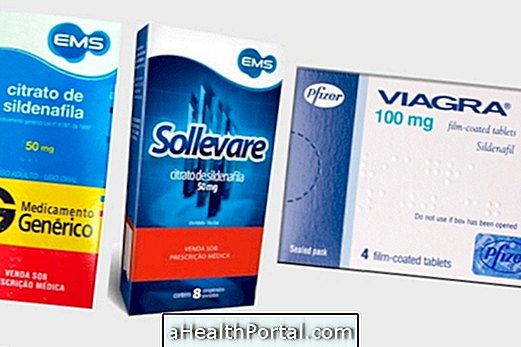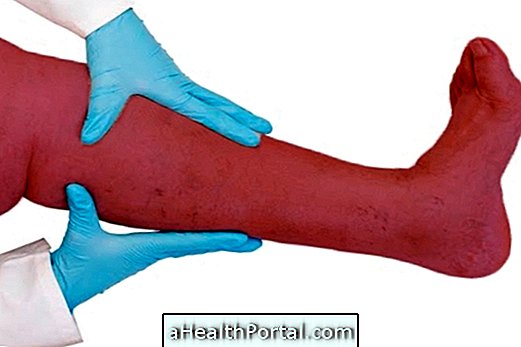The treatment of toxoplasmosis in pregnancy, an infection caused by the parasite Toxoplasma gondii, found in raw or undercooked meat, on soil contaminated with animal feces and in cat feces, can be done with antibiotic medicines as follows:
- Spiramycin for pregnant women suspected of contamination or who were infected during pregnancy, regardless of gestational age, to reduce the risk of contaminating the baby;
- Sulfadiazine, Pyrimethamine and Folinic Acid from 18 weeks of gestation if there is confirmation that the baby is infected, which can be done through a cordocentesis, in which a sample of blood is taken from the umbilical cord. If the baby is infected, the pregnant woman should take this cocktail of medicines for 3 weeks in a row, alternating with Spiramycin for another 3 weeks until the end of pregnancy, with the exception of Sulfamadiazine, which should only be taken up to the 34th week of gestation .
If the pregnant woman who was infected during pregnancy is taking Spiramycin and it is confirmed that the baby is not infected, the pregnant woman should continue to take Spiramycin until the end of pregnancy.
The obstetrician who accompanies the pregnancy is the one who should indicate the appropriate treatment for the pregnant woman.
Pregnant women who have had toxoplasmosis prior to pregnancy have already developed immunity against the disease parasite, ie there is no risk of infecting the baby, however toxoplasmosis in pregnancy can be transmitted to the baby when the pregnant woman is first infected during pregnancy. gestation, miscarriage, fetal death, mental retardation, epilepsy, eye damage that can lead to blindness in the baby, deafness or brain damage.
If the baby is infected during pregnancy and develops congenital toxoplasmosis, it can be born without presenting manifestations of the disease, but if it presents or not symptoms such as eye injuries or brain injuries, as mentioned, should perform the treatment that is done with Pyrimethamine and Sulfadiazine, logo after birth, for about 12 months.
Side effects of treatment
Side effects of treatment for toxoplasmosis in pregnancy include diarrhea, vomiting, nausea, abdominal cramps, sore throat, muscle aches, headache, skin rashes, lack of appetite, insomnia, thrush and anemia.
To help treat diarrhea, a good choice is Yakult, as this yogurt contains probiotics that help normalize the intestine, as well as Lactipan, a medicine that also helps regulate the bowel and decrease diarrhea, but the latter only should be used under the guidance of the obstetrician. In addition, the pregnant woman should increase water intake and drink coconut water, especially if she is also vomiting, not to dehydrate.
To help relieve headaches, the pregnant woman can put a cold water compress on her forehead and, for muscular pains, take a warm bath to soothe the muscles. For canker sores and sore throats, a great tip is to gargle with warm water and salt as the salt helps heal canker sores and relieve inflammation and sore throat.
Useful links:
- Toxoplasmosis in pregnancy
- Foods at risk of toxoplasmosis

